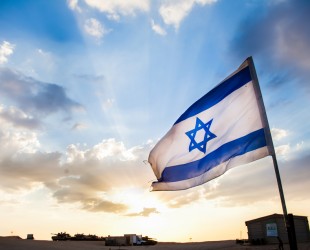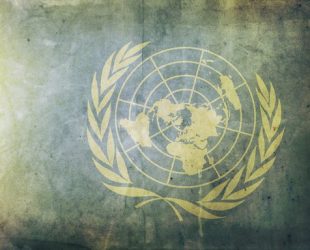Key Issue:Gaza War Summer 2014
Background
On July 8, 2014, Israel launched Operation Protective Edge in response to rocket fire from Hamas in Gaza. The stated purpose of the operation is to seek out and destroy Hamas terrorist infrastructure, including tunnels running beneath the border into Israel.
Throughout the conflict, highly politicized Israeli, Palestinian, and international NGOs have been issuing numerous statements condemning Israel. The NGOs make unverifiable claims, distort international law, and continue to fuel the flames of the international delegitimization campaign against Israel.
As with the discredited 2009 Goldstone process, NGOs initiated calls for a UN “fact-finding” investigation of the conflict and submitted statements to the UN that alleged “deliberate, systematic, and widespread targeting of Palestinian civilians”; “collective punishment”; “war crimes and crimes against humanity”; “grave violations of international humanitarian law,” etc.
These accusations were echoed in the UN Human Rights Council’s resolution to create another Goldstone-like inquiry of Israeli conduct. NGOs’ significant influence in diplomatic frameworks and in the media is made possible by funding from European governments and private donors, including George Soros’ Open Society Foundation and the New Israel Fund (NIF).
UNHRC Commission of Inquiry
On June 22, 2015 the United Nations Human Rights Council published the report of the Commission of Inquiry (COI) on the 2014 Gaza War. Initially, the inquiry was headed by William Schabas and then taken over by Mary McGowan Davis after the former’s resignation over his undisclosed paid work for the PLO.
The report relies heavily on unreliable political advocacy non-governmental organizations (NGOs) that lack credibility and do not employ professional fact-finding standards. NGO Monitor’s review shows that NGOs were referenced, cited, and quoted at a high volume: B’Tselem was the most referenced NGO with 69 citations, followed by Amnesty International (53), Palestinian Center for Human Rights (50), and Al Mezan (29), and others. UNWRA and UN-OCHA were also featured throughout the report.



